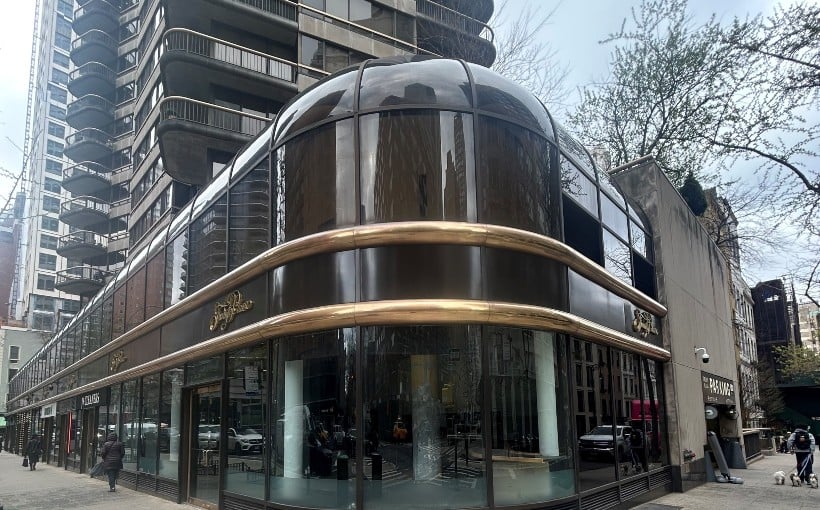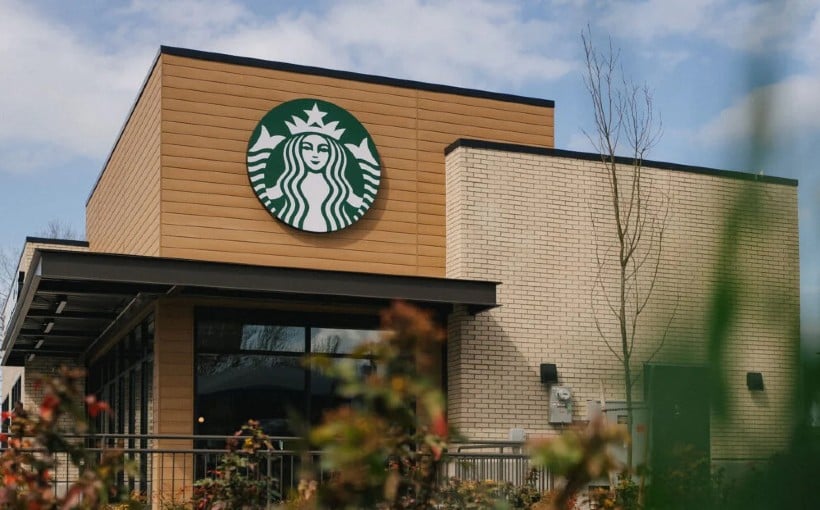### Rebuilding from January’s Wildfires Will Be a Years-Long Process
With property damage from the January wildfires in Los Angeles and Ventura counties estimated at over $164 billion, California Governor Gavin Newsom and Los Angeles Mayor Karen Bass have announced initiatives to expedite the rebuilding process. However, significant challenges remain, including regulatory hurdles, material shortages, and labor constraints.
To gain insights into these recovery efforts, **Connect CRE** spoke with Alex DeGood, a partner at the real estate law firm Cox, Castle & Nicholson, about the objectives of state and city initiatives and the obstacles that must be overcome.
—
#### **Q: What do the initiatives from Gov. Newsom and Mayor Bass aim to accomplish, and what are their practical limitations?**
**A:** These measures are designed to remove legal barriers to rebuilding and accelerate the review process for reconstruction plans.
At the state level, the executive orders:
– Suspend CEQA and the Coastal Act for rebuilds up to 110% of the previous structure’s size, allowing them to proceed by right.
– Permit the construction of accessory dwelling units (ADUs) by right, including new ADUs.
– Clarify that local governments have sole authority to determine whether a structure qualifies for rebuilding by right, with no appeals to the Coastal Commission.
– Extend existing Coastal Development Permits for three years and ensure that building permits for rebuilds or repairs remain valid for three years, rather than expiring after six months.
– Suspend state housing law requirements that would otherwise mandate the replacement of low-income units in multifamily residential structures if those units were previously occupied by low-income tenants or presumed to be.
In the City of Los Angeles, an order has been issued to:
– Create a 30-day expedited permitting review process.
– Waive discretionary reviews typically required for compliance with specific adopted plans.
– Eliminate the requirement for demolition permits.
– Waive all-electric building requirements for new construction.
—
#### **Q: Have there been follow-up actions or further clarifications on these initiatives?**
**A:** Yes, both the state and city have added clarifications. The state has affirmed that the Coastal Act suspension is a complete suspension and has introduced the elimination of low-income rebuild requirements. While there is now greater clarity, uncertainty remains regarding environmental contamination.
The federal government is leading efforts to remove debris and scrape fire-affected lots, but it is unclear whether this process will make them safe for rebuilding. Additionally, there is no definitive guidance on whether environmental testing will be required before issuing building permits or which agencies will oversee site approvals.
—
#### **Q: How long is the rebuilding process expected to take?**
**A:** It will take years. In addition to regulatory challenges—such as securing plan approvals and site clearances—there will be considerable delays due to a shortage of contractors and workers. Material supply chain disruptions and inflation will further complicate the process.
—
#### **Q: What advice do you have for property owners affected by the wildfires?**
**A:** While my practice primarily focuses on commercial and multifamily properties, my recommendation for affected clients is to gather all relevant records as soon as possible. This includes architectural plans, tenant records, and related documentation. Having these materials ready will help streamline the rebuilding process when it officially begins.
—
Rebuilding from the January wildfires will be a complex, multi-year undertaking, underscoring the importance of policy interventions, resource availability, and careful planning to expedite recovery efforts.



